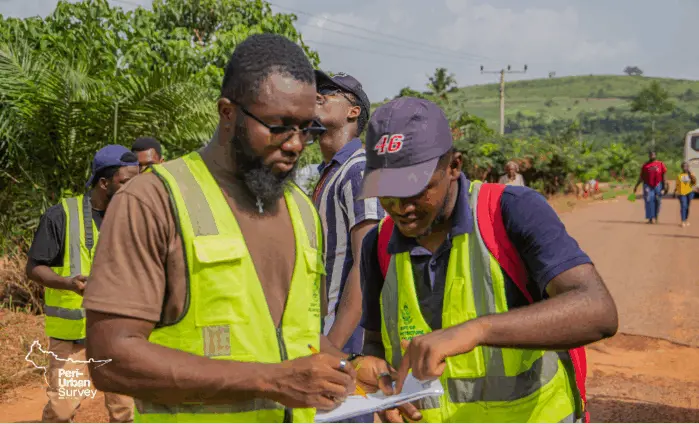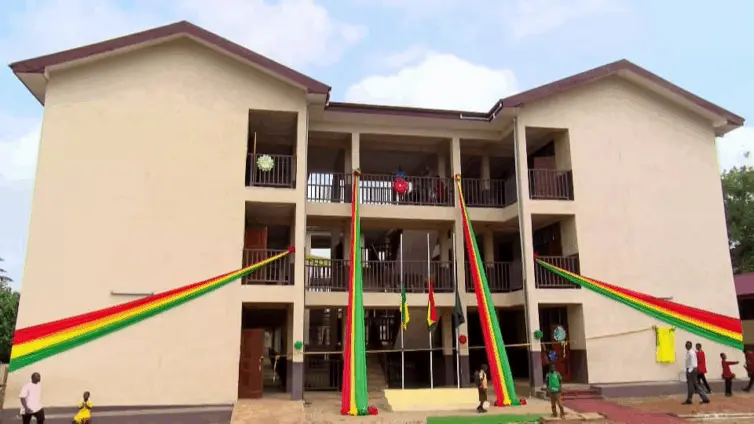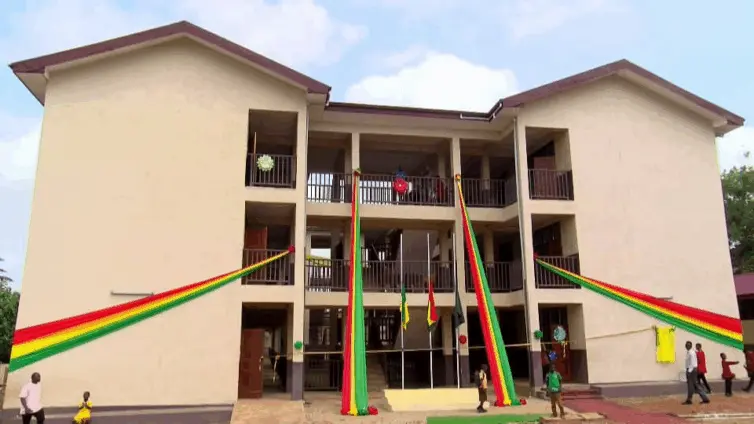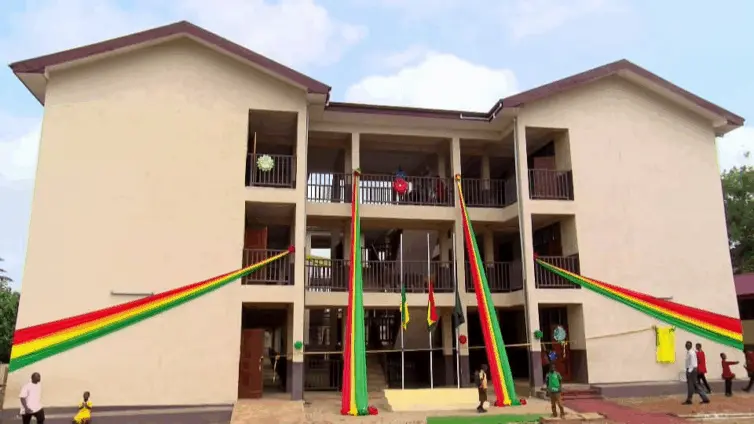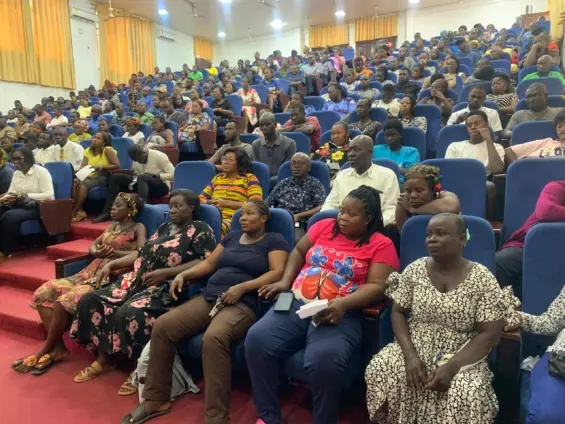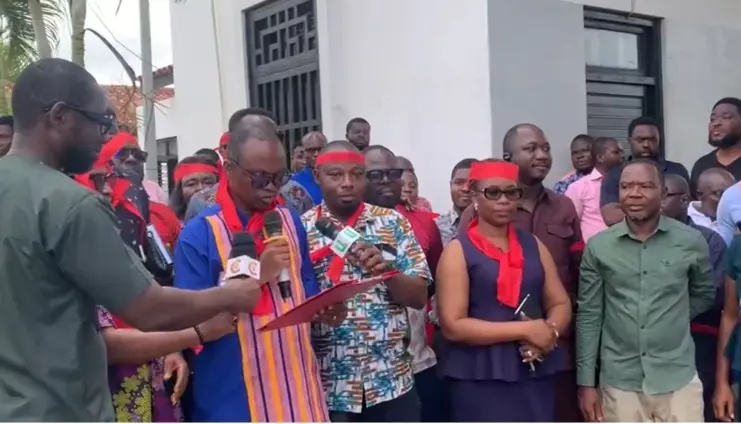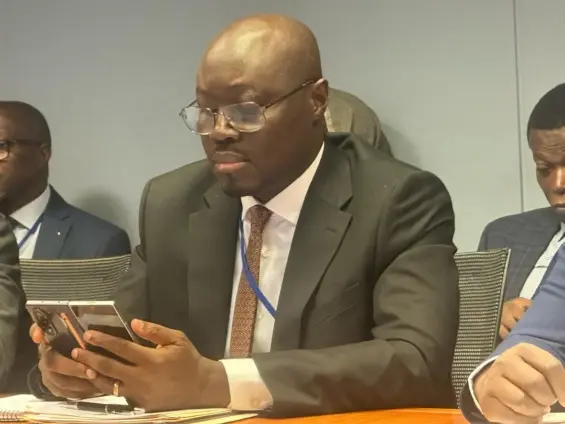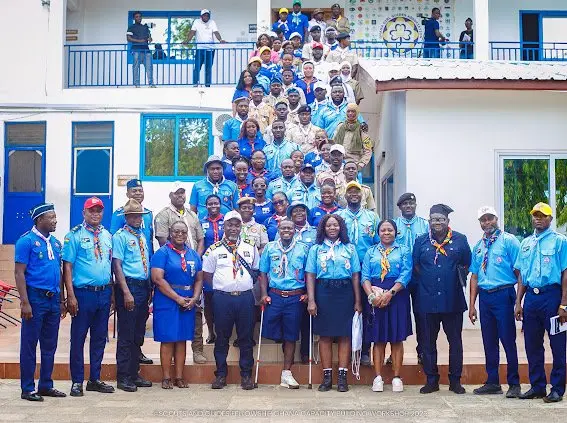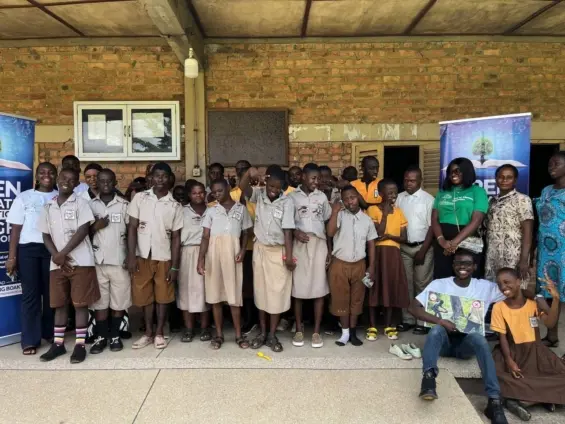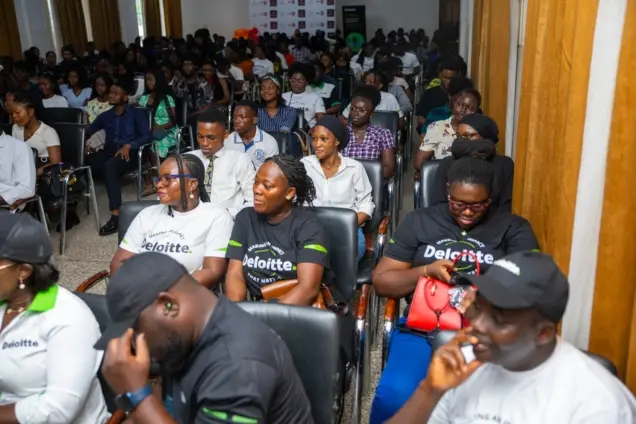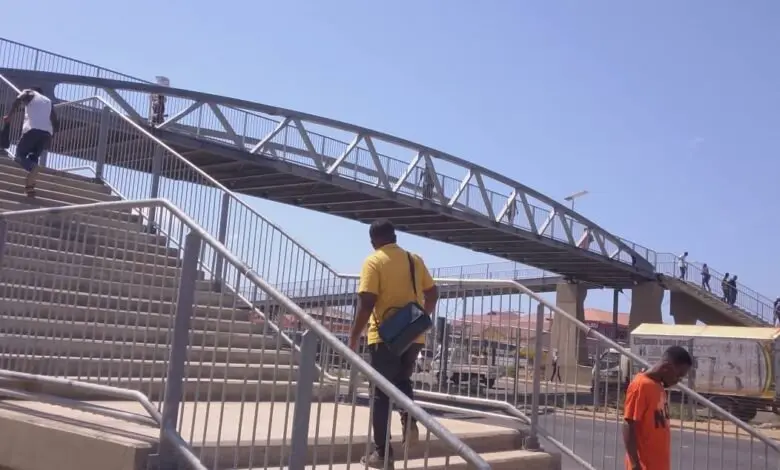SOMANYA, Ghana — In the bustling yet often overlooked peri-urban landscapes of Ghana, a group of architecture students from Kwame Nkrumah University of Science and Technology (KNUST) are undertaking a pioneering survey that could reshape the nation’s urban future. Their focus: the Yilo Krobo Municipality, a sprawling area where the lines between rural and urban life blur, presenting both opportunities and challenges. This initiative seeks to understand the intricacies of this transitional zone, laying the groundwork for sustainable development that addresses the needs of its residents.
The KNUST students are not merely conducting academic exercises; they are immersed in a real-world laboratory, collecting data and engaging with communities to inform policy and attract investment. Their work directly contributes to UN Sustainable Development Goal 11, which aims to create inclusive, safe, resilient, and sustainable cities. This peri-urban survey promises to provide critical insights into a region often neglected in broader urban planning strategies.
The Yilo Krobo Municipality, spanning over 800 square kilometers and home to over 100,000 people, presents a unique case study. Key towns like Somanya, Nkurakan, Oterkpalu, and Klo-Agogo dot the landscape, each with its own blend of cultural heritage and economic potential. However, this potential is often hampered by infrastructural and social challenges. Poor sanitation, limited access to clean water, weak transport networks, and youth unemployment are just some of the issues facing the municipality. Furthermore, uncoordinated land use and discrepancies between traditional leadership and modern planning create additional complexities.
At the heart of this peri-urban survey is KNUST’s commitment to connecting architectural education with real-world problems. Third-year students and faculty from the Department of Architecture are deeply involved in the fieldwork, immersing themselves in communities like Sikabeng, Huhunya, and Boti to collect and analyze data. Their investigation centers on key themes such as settlement patterns, livelihoods, environmental sustainability, and accessibility. Beyond its academic goals, the survey provides a platform for local residents to voice their concerns and aspirations, ensuring that their voices are heard in the development process.
The peri-urban initiative benefits from strong collaboration and diverse expertise. The Ghana Institute of Architects provides professional guidance and support, while organizations like SEDECHAP Group, Tekton Consult, Bricklane, IDDG, Artelier, and Spaysis offer specialized knowledge in various aspects of urban development and planning. The University of Environment and Sustainable Development (UESD) adds a crucial focus on climate resilience and sustainable land management. The project is led by Dr Ing. Alexander Boakye Marful, with support from Rev Fr Dr Victor Kwesi Quagraine, Dr Emmanuel Banahene Owusu, and architects Benedict Owusu Brown and Emmanuel Adu-Nyarko.
The expected outcomes of the KNUST peri-urban survey are far-reaching. By providing data for evidence-based decision-making, the survey aims to inform local governance and development planning. It also seeks to attract investors and development agencies by showcasing the region’s potential and needs. Ultimately, the survey contributes to UN Sustainable Development Goal 11, fostering inclusive, safe, resilient, and sustainable cities.
“Our collective future depends on how well we integrate local wisdom with global insight,” said Dr. Marful. “These field exercises are not just educational, they are platforms for building the nation.”
To stay updated on the KNUST Yilo Krobo peri-urban survey, follow the Department of Architecture’s platforms and social media channels using #KNUSTPeriUrbanSurvey2025. Policymakers, civil society organizations, and private sector actors are invited to engage with the survey’s findings and contribute to this transformative project.
The KNUST Yilo Krobo peri-urban survey represents a crucial step towards sustainable urban development in Ghana. By combining academic rigor with community engagement, this initiative is poised to inform policy, attract investment, and empower local communities. The survey’s findings promise to contribute to a more inclusive and resilient future for Yilo Krobo and serve as a model for similar initiatives across the region.
Image Source: MYJOYONLINE

